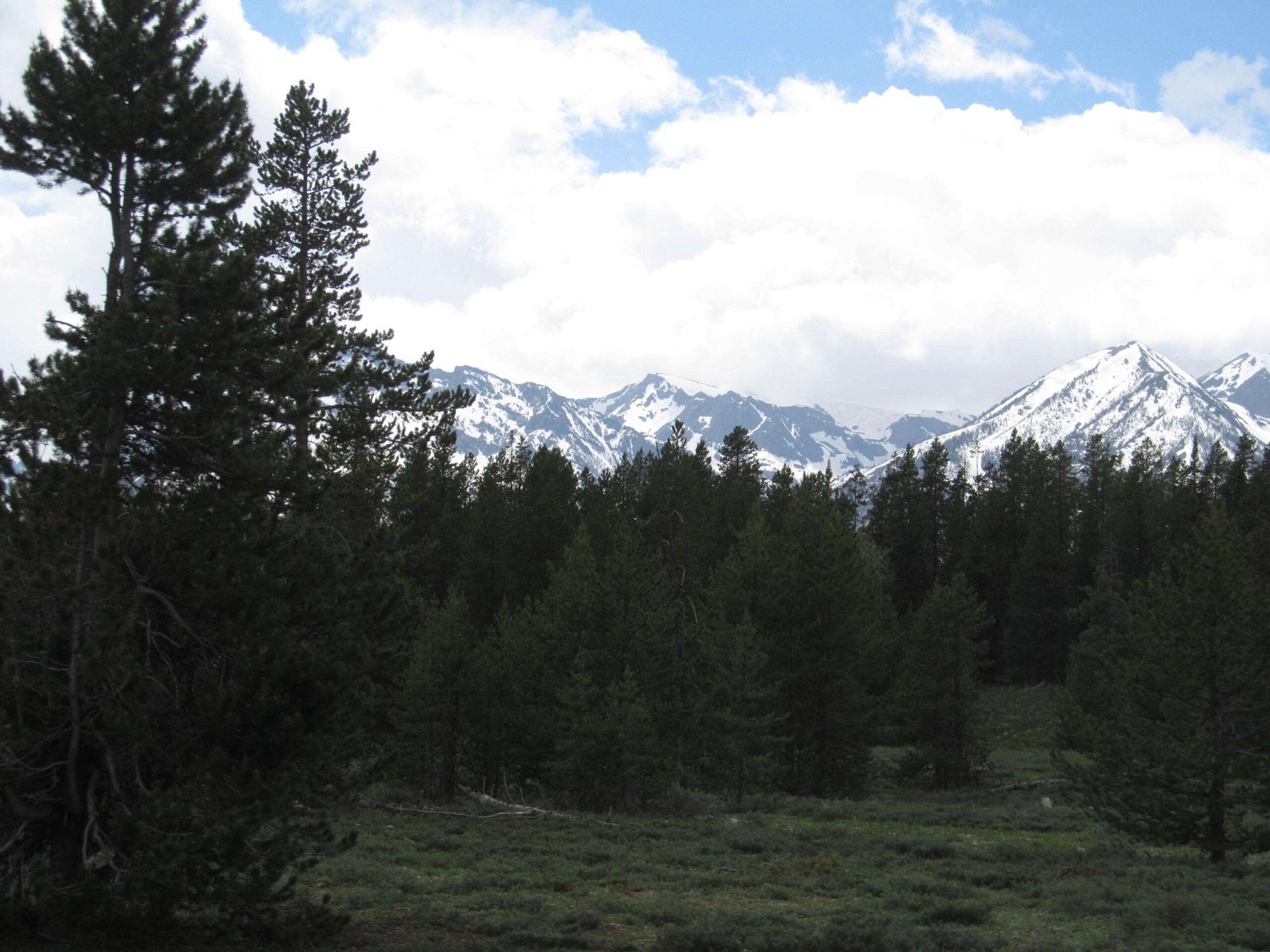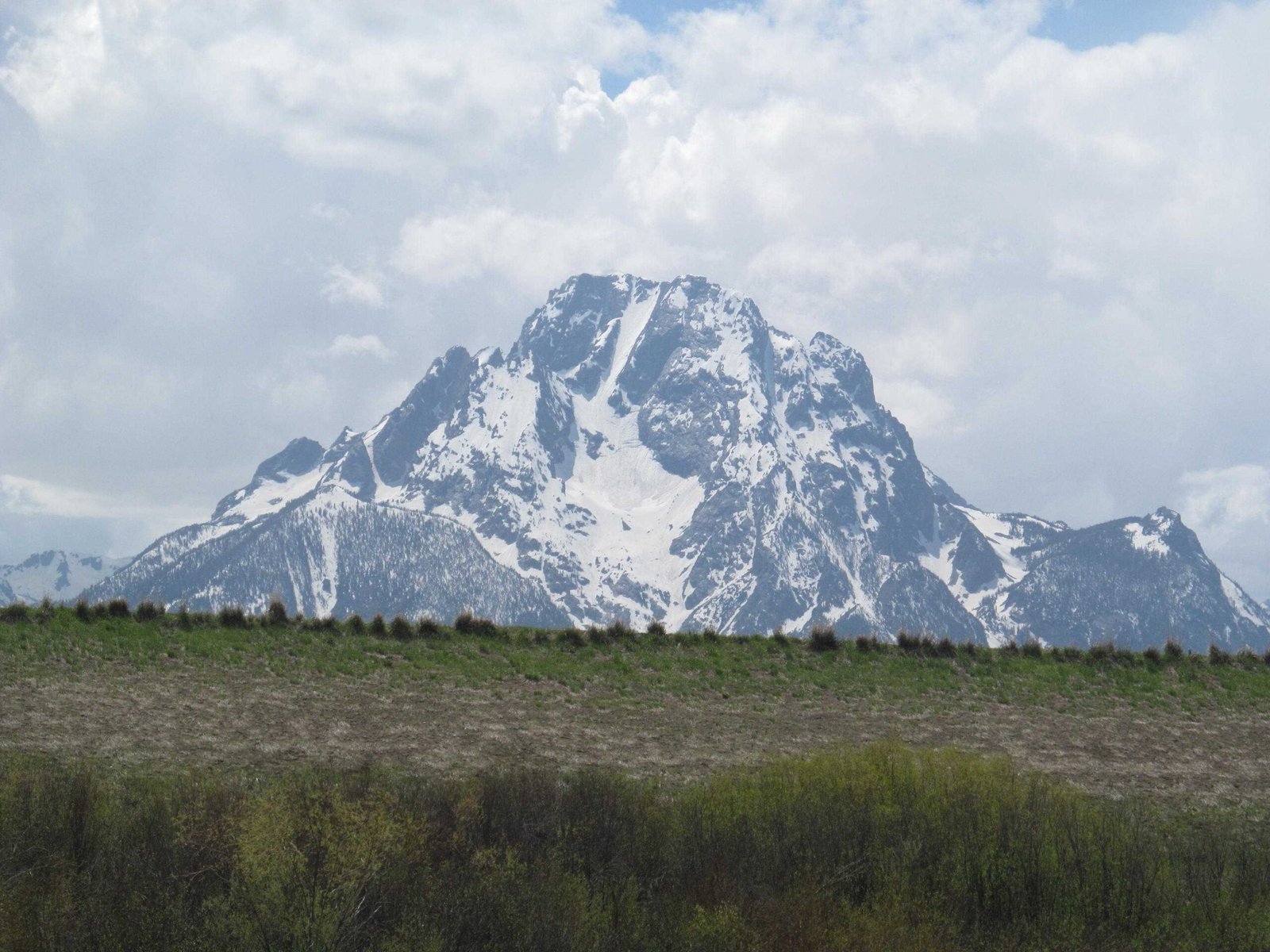Grand Teton National Park resides exclusively in Teton County, Wyoming, a stunning northwestern region encompassing 4,216 square miles of breathtaking landscape. Established on February 15, 1921, this county serves as the pristine home to one of America’s most magnificent national parks, featuring dramatic mountain ranges, diverse wildlife, and extraordinary natural beauty that attracts millions of visitors annually.
What Makes Teton County Unique for Grand Teton National Park?

Where Are the Precise Geographic Coordinates?
Grand Teton National Park is strategically positioned at latitude 43.790802 and longitude -110.684944, nestled within the northwestern quadrant of Wyoming. The park spans approximately 310,000 acres of remarkable terrain, offering visitors an unparalleled wilderness experience.
How Large is Teton County?
| County Characteristic | Measurement |
|---|---|
| Total Area | 4,216 square miles |
| Land Area | 3,995 square miles |
| Water Area | 221 square miles |
| County Seat | Jackson |
What Natural Features Define the Park’s Location?
The park encompasses the magnificent Teton Range and significant portions of the Jackson Hole valley. Key geographical highlights include:
- Snake River corridor
- Multiple mountain peaks exceeding 13,000 feet
- Diverse ecosystems ranging from alpine tundra to forest landscapes
- Proximity to Yellowstone National Park
What Historical Significance Surrounds the County?
Teton County’s establishment in 1921 marked a crucial moment for conservation efforts. The region’s rich Native American history, particularly involving Shoshone and Crow tribes, combined with early European exploration, created a complex cultural landscape that predates the national park’s official designation.
How Accessible is Grand Teton National Park?
Accessibility remains a critical feature of Teton County’s geographic positioning:
- Direct access via U.S. Highway 26/89/191
- Approximately 10 miles south of Yellowstone National Park
- Proximity to Jackson, Wyoming
- Multiple entry points and visitor centers
What Wildlife Inhabits the Region?
Teton County’s diverse ecosystem supports an extraordinary range of wildlife, including:
- Grizzly bears
- Moose
- Elk herds
- Bald eagles
- Numerous small mammal species
What Recreational Opportunities Exist?
Visitors to Grand Teton National Park can enjoy numerous activities:
- Hiking extensive trail networks
- Mountain climbing
- Wildlife photography
- Fishing in pristine mountain streams
- Winter sports like cross-country skiing
- Camping in designated areas
What Climate Characteristics Define the Area?
Teton County experiences a mountain climate with:
- Cold, snowy winters
- Short, mild summers
- Significant temperature variations
- Alpine microclimate conditions
How Does the Landscape Impact Regional Ecology?
The unique geographic positioning of Grand Teton National Park within Teton County creates a complex ecological environment. Elevation changes, diverse vegetation zones, and minimal human intervention contribute to a robust and dynamic ecosystem.
What Conservation Efforts Protect the Region?
Ongoing conservation initiatives focus on:
- Wildlife corridor preservation
- Habitat restoration
- Climate change research
- Sustainable tourism management
Conclusion

Grand Teton National Park represents a crown jewel within Teton County, Wyoming—a testament to natural beauty, ecological diversity, and American conservation efforts.

